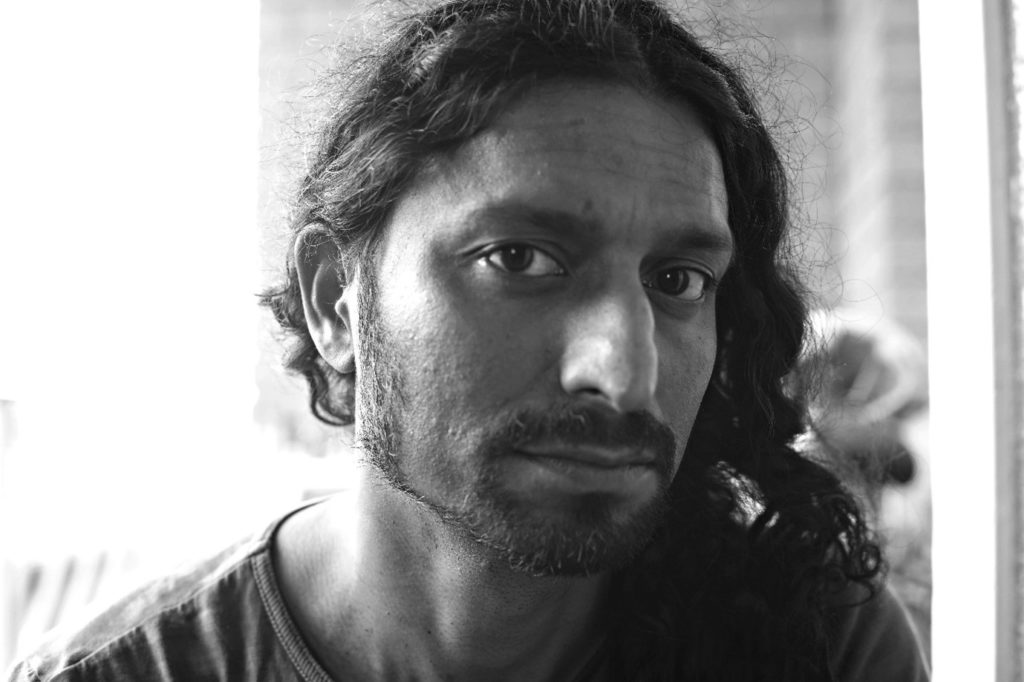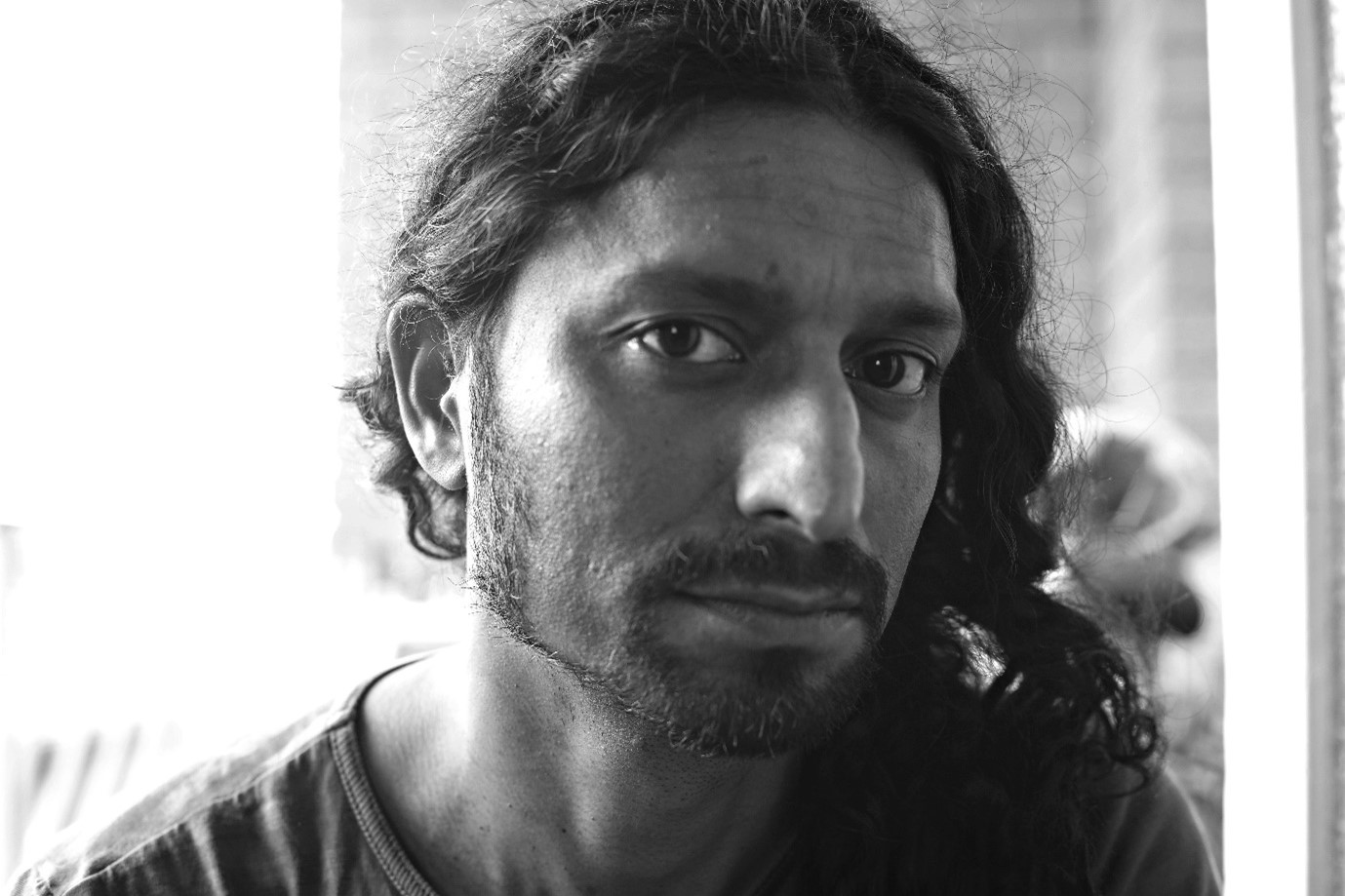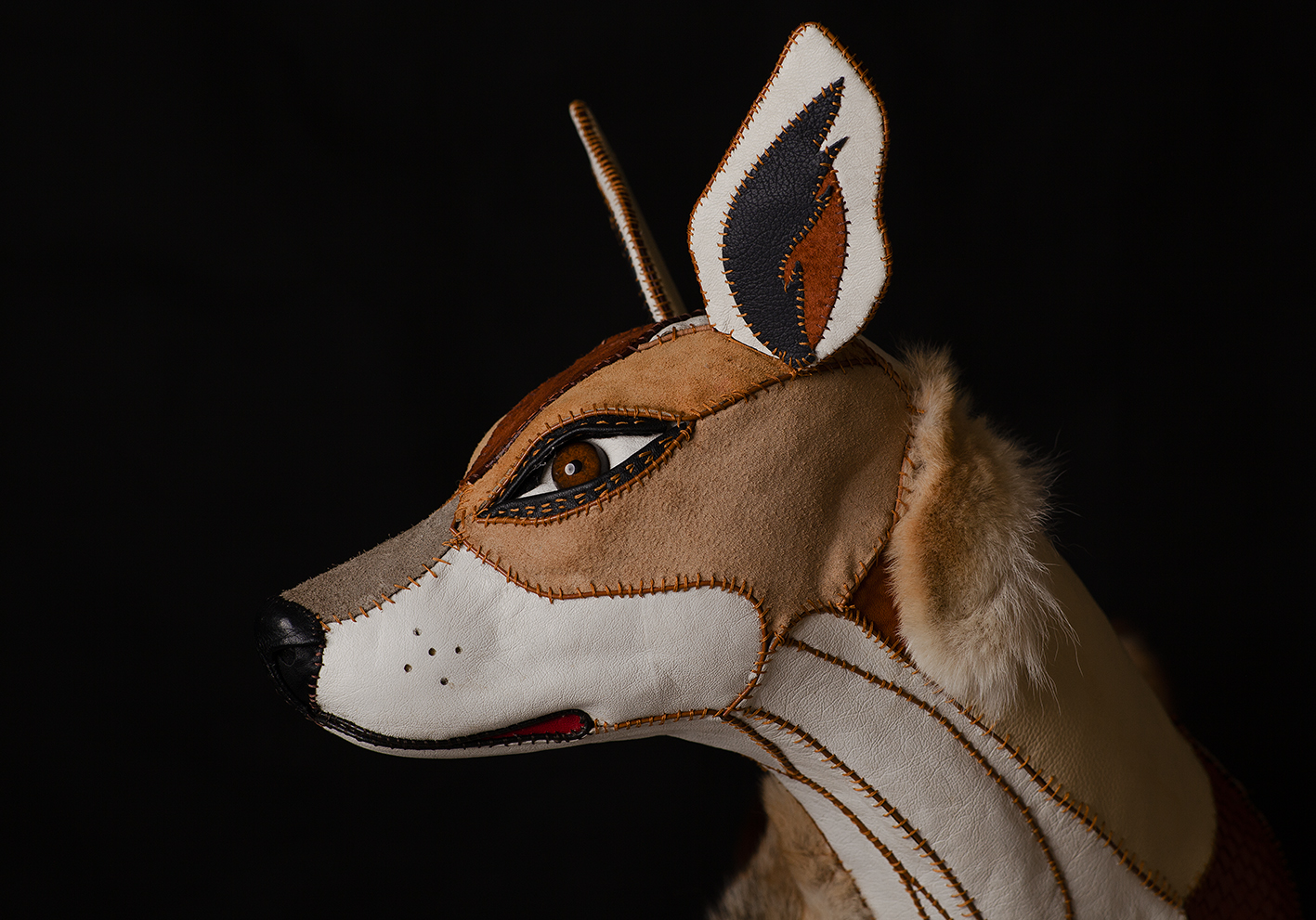Wadiwel, Dinesh. (2022). “Le Voreux: Scenes of Animal Labour in Emile Zola’s Germinal.” In Animal Remains. Edited by Sarah Bezan and Robert McKay, Routledge, pp. 158-180.
What scholarly disciplines are most relevant to this publication?
My essay examines a novel – Emile Zola’s Germinal – and is published as a chapter in a collection which is focused on literature and cultural studies. However, I examine this novel as a political theorist, so I hope the social and political themes of the essay will be of appeal to a wider audience. I also hope I will be forgiven for my lack of expertise as a literary scholar!
How would you describe this work to a non-academic interested in animal advocacy?
Zola’s 1885 novel is a remarkable work of social commentary. The novel is set in the coal mines of the north of France in the late 19th Century. It draws attention to low paid, dangerous and exploitative work carried out by working class families and describes a bitter and ultimately fruitless industrial dispute. The novel is of interest to animal advocates because human labourers are not the only focus; Zola devotes substantial sections of text to the horses who work the coal mines. Further, Zola movingly describes how the horses themselves observe their lifeworlds and labour, thus uses a fictional speculative perspective to offer a glimpse into what horses might perceive. There has been a growing interest from animal advocates in the labour conditions of animals, and whether labour rights for animals should form part of the goals of the animal rights movement. Germinal provides some fascinating insights into equine labour within the context of coal mining and its history. Further, I would argue that the book has strong themes which are relevant to climate activism generally – Zola highlights the way in which industrial capitalism not only consumes human lives for profit, but simultaneously takes a wrecking ball to non-humans and the planet in general.
How do you see your work relating to human-nonhuman relations?
By and large my work is in political theory, and focused on relationships of power and domination. Much of my writing, including my 2015 monograph The War against Animals (Brill), outlines how we might understand human animal relations in a structural sense, highlighting the way in which most mainstay human/nonhuman relations involve systematic forms of violence aimed at enabling human utility, whether that is in the context of food systems, research or within companion animal relations. However, this story is not one-sided: in this context I am also interested in how animals resist, and have devoted lots of writing and thinking to how we can theoretically understand animal resistance to rule.
What are you working on next?
I am currently in the revision stage for my next book, tentatively called Animals and Capital, to be published by Edinburgh University Press. This book picks up a long-standing interest of mine – Karl Marx’s Capital and its implications for animal labour. I am also devoting substantial time to some non-animal related projects: I am doing some disability rights research for the Royal Commission into Violence, Abuse, Neglect and Exploitation of People with Disability.
Bio: Dinesh is an Associate Professor in human rights and socio-legal studies at the University of Sydney, with a background in social and political theory. He has a background working within civil society organisations, including in anti-poverty and disability rights roles. Dinesh’s research interests include theories of violence, critical animal studies and disability rights. Dinesh is current Chair of AASA.




